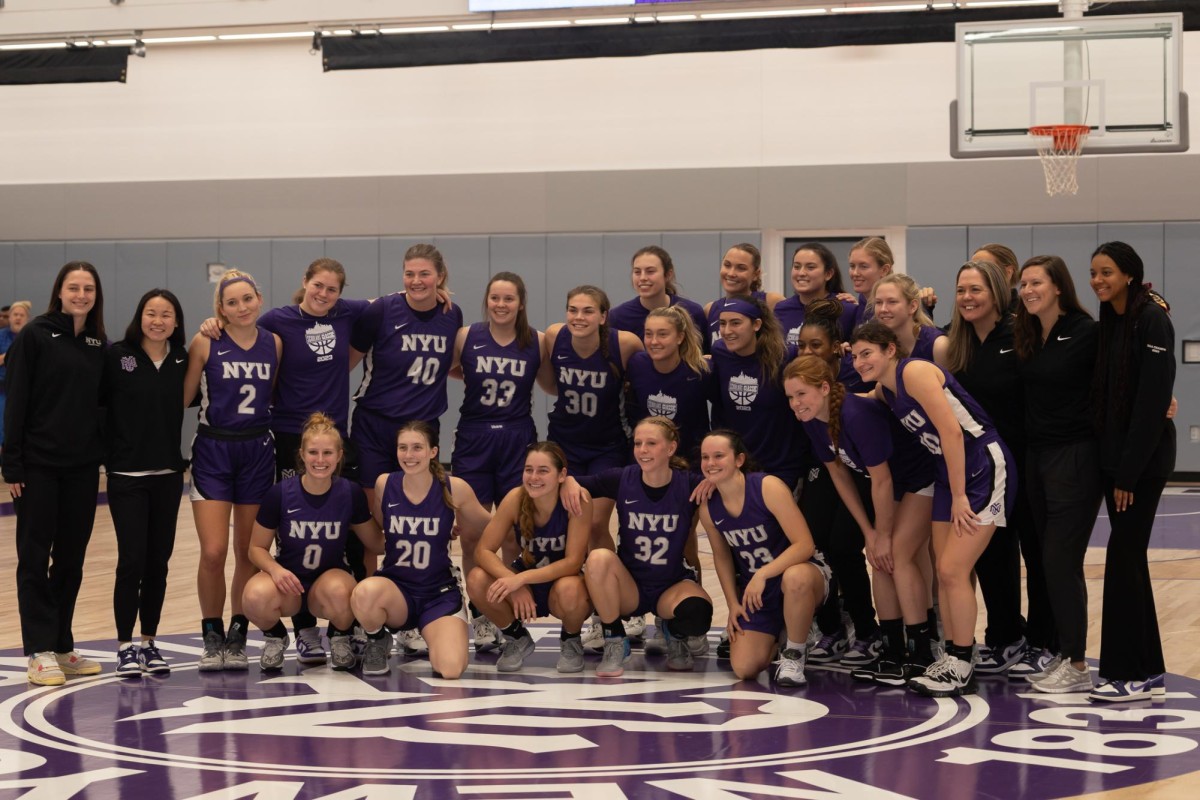Last Friday, Herman Wallace was released from a 41-year stint in solitary confinement after his conviction for the murder of a prison guard was overturned in 1974. Wallace’s time in isolation is one of the longest in American history. Tragically, Wallace died of liver cancer just three days after his release.
The United States subjects tens of thousands of prisoners to solitary confinement every year. It constitutes an act of torture and should be banned, not only as a “cruel and unusual punishment” under the Eighth Amendment of the U.S. Constitution, but also as an infringement of the United Nations Convention against Torture — a document bearing an American signature. Indeed, UN Special Rapporteur on torture Juan E. Méndez condemned the U.S. practice earlier this year, affirming that prolonged solitary confinement amounts to torture.
Prison system administrators insist solitary confinement is a safety tool to protect other inmates and employees who are threatened. However, prison officials cannot prove that 23-hour-a-day lockdown makes prison safer. More importantly, the psychological effects of isolation make this claim difficult to justify. Solitary confinement has harmful health consequences that last long after the period of separation ends. Spending 10 days alone in a six-by-nine foot chamber can be debilitating. The irreparable damage done after years in solitary confinement, as was the case with Wallace, is difficult to perceive. Panic attacks, obsessive thinking, violent outbreaks and extreme paranoia become common after-effects. Furthermore, a study of Pelican Bay Secure Housing Unit inmates in 1993 found that psychological damage from solitary confinement can lead to physical problems such as dizziness, heart palpitations and an impaired immune system.
The number of inmates subjected to isolation has increased by 17 percent over the last five years. Over the last 20 years, there has been a rapid expansion of private prisons and with that, a sharp spike in victims of this cruel state practice.
Label it a safety measure, a disciplinary tool, a correctional strategy — at its foundation, solitary confinement is torture. Subjecting a person to inhumane conditions for extensive periods of time does not ensure the welfare of other inmates and staff, but ostensibly poses long-term mental health harm and dehumanizes the victim. The U.S. prison system and federal government are violating both domestic and international law in its complicity in torture. History will judge harshly those who disregard the basic rights of human beings.











































































































































